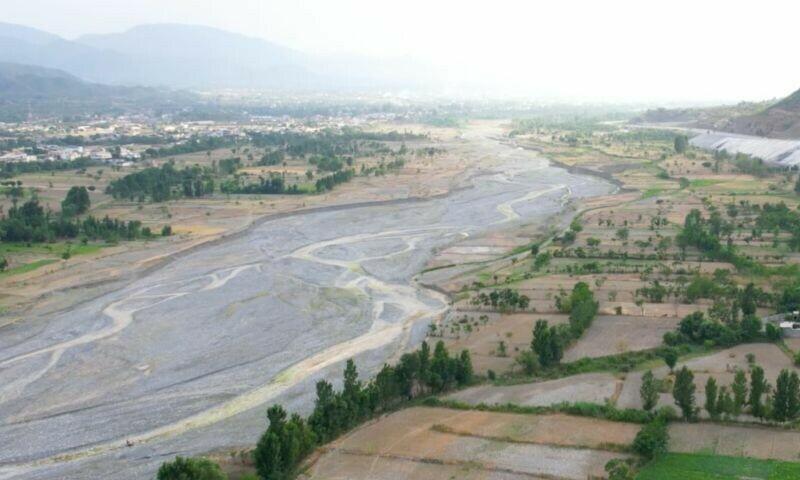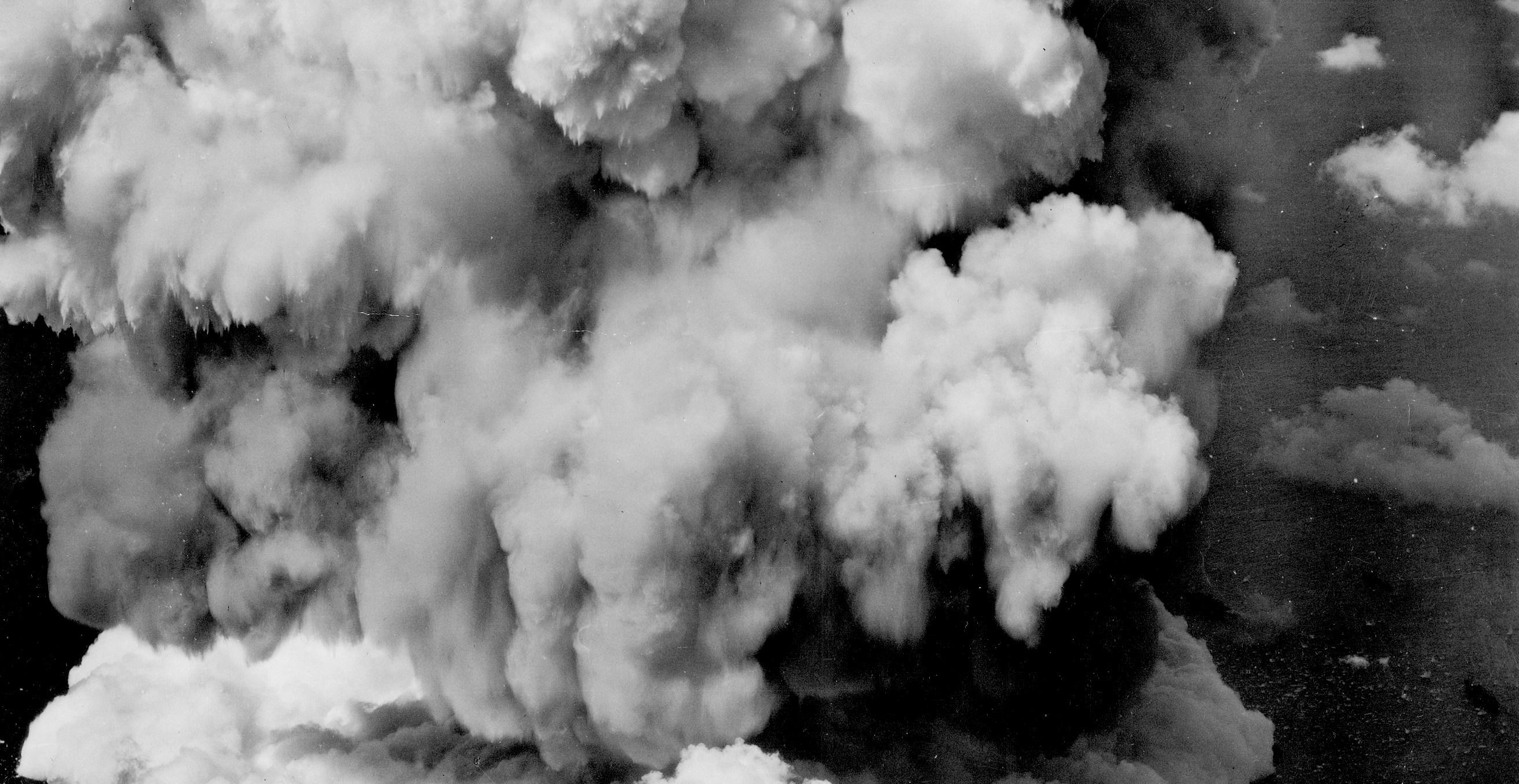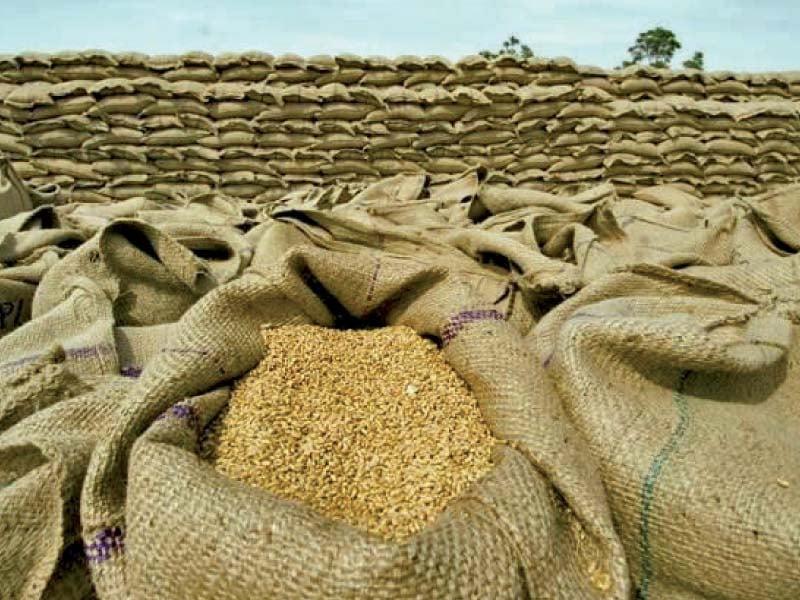A northwest Pakistani province of over 40 million people, is being affected by climate change


Peshawar: In Khyber Pakhtunkhwa, where farmers worked the land and rivers flowed through green valleys and rocky hills, life used to go according to a predictable pattern. Children in Peshawar played beneath shaded trees, families in Chitral herded cattle over snowy roads, and people in Swat relied on regular rains for crops. However, things are changing quickly now. Summers are burning hotter than ever, dry spells are killing crops, and storms are flooding villages. The weather is becoming out of control.
This is the tale of how KP, a northwest Pakistani province of over 40 million people, is being affected by climate change, based on reliable sources and firsthand accounts from the region. We need to know what is going on, how long it has been going on, and what we can do to defend ourselves.
With its vast area of 101,741 square kilometers, KP is home to lowlands, mountains, and dry regions. It is sensitive to changes in the weather because of this mixture. The temperature is rising. Temperatures have increased by 0.5 to 1 degree Celsius over the past century, with larger increases during the 1990s, according to reports from the Pakistan Meteorological Department. The main city of Peshawar experiences worse weather; according to a 2025 climate index, conditions are now 16 percent worse in the last 15 years. As a result of this warming, rivers flood more frequently, glaciers melt more quickly, and weather patterns become more unpredictable.
In the 90s, problems began to surface. Rain started to behave strangely back then, either arriving late or being too heavy. Things worsened by the 2000s. Floods started to become a major issue. Thousands were forced from their homes as the Kabul River overflowed in 1992, drowning areas like Nowshera. In 2005, landslides occurred in Shangla and other northern regions as a result of an earthquake and severe rainfall. The worst was in 2010, when KPK was severely affected by massive floods. More than 1,900 people were killed throughout Pakistan as rivers including the Swat and Indus burst, killing hundreds in the region. It cost billions of dollars to sweep away highways, bridges, and farms.
According to experts, the rains were heavier because warmer air can hold more water. Floods continued to occur, Chitral suffered in 2015, and 2022 was far worse, with over 1,700 deaths nationally, many of them in the valleys of KP. In 2025, floods occurred once more. By September, heavy rains in June and July had destroyed almost 2,100 homes and 260 schools in KP, killed 396 people, and injured 190 more. Rapid downpours destroyed homes and bridges in Upper Dir and Swat. Due to warmer oceans pushing more rain, aerial photos revealed vast areas under water. Large floods have occurred every few years since 2010.
Another significant concern is droughts. Though they don't create as much noise, they are just as painful as floods. Since the late 90s, rainfall in southern KPK, such as Dera Ismail Khan, has decreased by 10 to 20 percent during specific seasons. Due to a severe drought that dried up wells between 1998 and 2002, farmers had to leave their properties. Because there was less snow to feed rivers, winters grew shorter. A dry period that before the floods in 2022 made it difficult for the land to absorb rainwater. Families were left hungry as dryness reduced crop harvests by 30 to 40 percent in certain areas last year, 2024. Water comes too quickly to hold, even in more rainy northern regions, and washes soil away.
The heat is becoming harmful as well. The summers in Peshawar have been hotter since 2000, with some days reaching over 45 degrees Celsius. Heatwaves in Pakistan killed thousands of people in 2015, and more people became ill in KP. In 2022, Chitral saw forest fires that burned thousands of acres due to heat and dryness. The frequency of these fires is increasing, harming animals and causing unhealthy air quality. According to a 2025 report, by 2050, warmer temperatures may lead to more illnesses and more severe droughts and floods. Heatwaves killed up to 600 people countrywide in 2024, with KP's city poor being the most severely affected.
Life is harmed by these changes. More than 40% of KP's population depends on farming for their food, yet this industry is struggling. Since 2010, drought years have caused a 10–20% decline in wheat and maize production. Floods in 2022 devastated 80% of crops in certain areas, increasing the cost of food and depriving children of enough to eat. Some claim that since the 90s, 20 percent of the glaciers that provide water for agriculture have disappeared. Lower Dir farmers talk quickly harvesting crops before floods or planting seeds that die. Now that the weather is warmer, bugs are more common and are consuming crops.
Health is also worsening. Floods contaminate water, which spreads dengue and malaria. These diseases increased in KP after 2022, primarily affecting children and the elderly. According to a 2025 report, dust from dry spells and smoke from fires can harm lungs, increasing the risk of death and illness. Particularly for those who work outside, hot temperatures can lead to cardiac difficulties and dehydration. Many people become weaker and suffer hungry when crops fail.
In terms of money, KP is having trouble. KP lost roads, schools, and other infrastructure during the 2010 floods, which cost Pakistan $10 billion. When roads are blocked by landslides, which have been more frequent since 2005, tourism in beautiful places like Swat declines. After every disaster, the economy slows down, and recovery is difficult, particularly in areas where there is conflict. People are forced into camps due to flooding, causing stress on the limited funds.
However, there is hope. KP's 2022 Climate Change Policy offers strategies for retaliation. Early warnings are essential for dealing with floods. Weather stations can text phones with a 24- to 48-hour notice. For three days, people should practice packing bags with food, water, identification documents, and medications. Use sandbags around dwellings or build higher structures in high-risk areas. Planting plants beside rivers slows down water.
Water savings is essential during droughts. Since 2015, rainwater collected in tanks from roofs has provided months' worth of water. Crops that require less water, like millet, can be grown by farmers. Use drip irrigation to reduce water use by half and check wells to preserve groundwater. Everyone needs to learn how to properly use and store water.
Wear light clothing, drink lots of water, and remain inside between 11 a.m. and 3 p.m. to avoid the heat. Urban areas become slightly cooler when trees are planted. When it gets too hot, like in 2022, schools should close and open cooling areas in mosques or schools.
More trees should be planted to prevent the situation from getting worse. Since 2014, the billion-tree tsunami has prevented soil erosion and air pollution. Reduce your dependency on polluting fuels by using solar electricity in your home. By 2030, Pakistan aims to have 60% renewable energy. Repair wetlands to collect floodwater and conduct additional research to identify local solutions.
Even people can assist. Teach residents how to battle small fires, provide first aid, and maintain clean water after floods. Clinics and dams are being built with the assistance of other organizations such as the Green Climate Fund. In order to finance these reforms, the government wants to stop funding fossil fuels.
KP has had worse weather since the 1990s, including heat waves, droughts, and floods. However, there is a way to stay safe and create a better future with alerts, smart farming, clean energy, and cooperation.
CR450: World’s fastest bullet train hits track for trials in China
- 9 hours ago
Coca-Cola tops quarterly revenue estimates on steady soda demand
- 6 hours ago

Bollywood veteran actor Asrani passes away at 84
- 15 hours ago
Maharaj takes seven as South Africa dismiss Pakistan for 333
- 7 hours ago

Sanae Takaichi elected Japan's first female prime minister
- 15 hours ago
Territorial violation to be met with firm response: COAS Munir
- 7 hours ago

Fictional gadget reviews: exploring the latest in fantasy and sci-fi tech
- 14 hours ago

Bringing justice closer to people, SC launches new public facilitation portal
- 15 hours ago
Former French president Sarkozy starts 5-year prison sentence
- 6 hours ago
PM Shehbaz launches ‘Inspire Initiative’ to nurture semiconductor talent
- 7 hours ago
Trump threatens Hamas amid push on next Gaza truce steps
- 7 hours ago

5.3 magnitude earthquake rocks Islamabad, parts of KP and Punjab
- 3 hours ago











